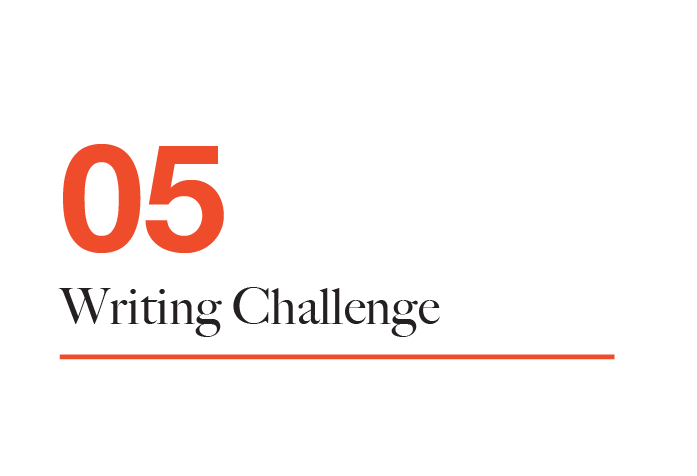
Expressive Writing
Writing is a powerful tool for you and your loved one’s recovery from substance use and/or mental health disorders.
The thoughts of writing may frighten you, but writing is a powerful tool for you and your loved one’s recovery from substance use and/or mental health disorders. It will give you time to reflect; it will help you focus your thinking; it will help you see and understand your emotions, thoughts, and behaviors. When you write, you also create a record to measure your progress.
You’re writing to write. To express yourself. To write about the good, the bad and the ugly. To write about life as you experience it. You’re writing to be honest, especially when being honest is painful. And don’t worry. We’ve all made mistakes. We’ve all smashed a plate or two in the kitchen of life. When writing, it’s possible to learn something about yourself and gain insight into the thoughts and feelings behind your choices and decision making. Hopefully, these insights will motivate you to write more often and enter the up-ward spiral that is self-expressive writing.
Expressive writing does not need to be difficult. It doesn’t need to feel like a chore. We may simply need a brief check-in with ourselves to make sure we are still aligned with our values and goals. By briefly checking in we can make adjustments that keep us on the desired path to achieving the life worth living we have set out for ourselves.
Write from your heart. Tell yourself the truth. Trust the process and enjoy.
Don’t be concerned with anything else except writing for 20 minutes on one of our thirty writing prompts.
Expressive Writing Sessions
Sample Expressive Writing Session
This is an excerpt from the 05. Writing Challenge session.
Write for 20 minutes a day for 4 consecutive days.
What should I write about?
You can write about the same thing all 4 days or you can write about something different each day. It is entirely up to you. Session 03. Reflection has 15 self-reflective writing prompts you can choose from.
Writing tips
Really let go, and write about your deepest emotions and thoughts. Find a time and place where you won’t be disturbed. Ideally, pick a time at the end of your workday or before you go to bed. Once you begin writing, write continuously. Don’t worry about spelling or grammar. If you run out of things to write about, just repeat what you have already written. You can write longhand or you can type on a computer. If you are unable to write, you can also talk into a tape recorder. If you find that you are getting extremely upset while writing, simply stop writing or change topics.
How the Writing Went Today
Self-Reflective Prompt #1:
Think of the most wonderful experiences in your life, happiest moments, ecstatic moments, moments of rapture, perhaps from being in love, or from listening to music, or suddenly ‘‘being hit’’ by a book or painting or from some great creative moment. Choose one experience or moment. Imagine yourself in that moment. Write about the experience in as much detail as possible trying to include the feelings, thoughts, and emotions that were present at the time. Please try your best to re-experience the emotions involved. (Burton & King, 2004; p. 155).
Expressive Writing Workshop participants after 20 minutes of writing:
“Fun” “Very well” “It brought me back to happy days during rough times” “The writing is getting to a core which is going to be full of surprises” “Well” “It was nice” “Was smooth, but didn’t impact me as I thought it would. I was hoping to relive more” “Really good, it helped me reconnect to that blissful moment” “It was hard to think of a moment, but when I did I really enjoyed reliving it” “It made me sad because the last time I was happy was with my now ex-boyfriend” “I had conflicting dialectics about my wonderful experience” “It was nice to be able to think of a happy time” “Love looking back on happy days and remembering the days that I was happy” “I don’t like talking about positive things because I feel like I don’t experience them as much” ”Good”





